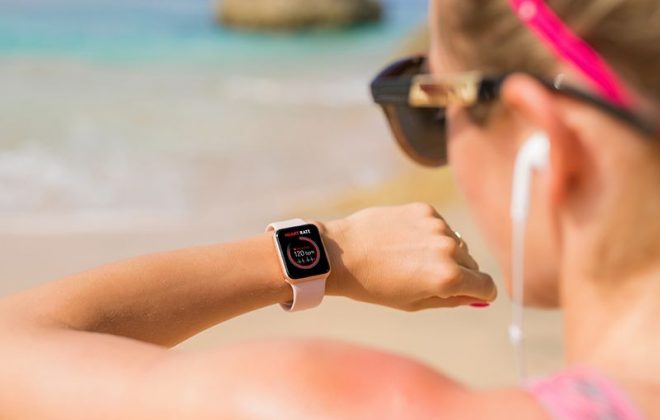Sleep And Athletic Performance – What Is The Impact Of Poor Zzz?
Athletes know well enough the importance of discipline, training and lifestyle habits. Consistent physical training, healthy nutrition, water intake, mental focus – all essential elements of the formula for excellence. Be it on the field, in the gym, or even in the pool. If an athlete’s diet or physical training lacks something, performance will suffer. But what about sleep and athletic performance?
While athletes follow strict diets, grueling training sessions, and may use techniques such as meditation to improve relaxation and focus, sleep is often overlooked. Sleep is an equally important and often underestimated component of athletic success.
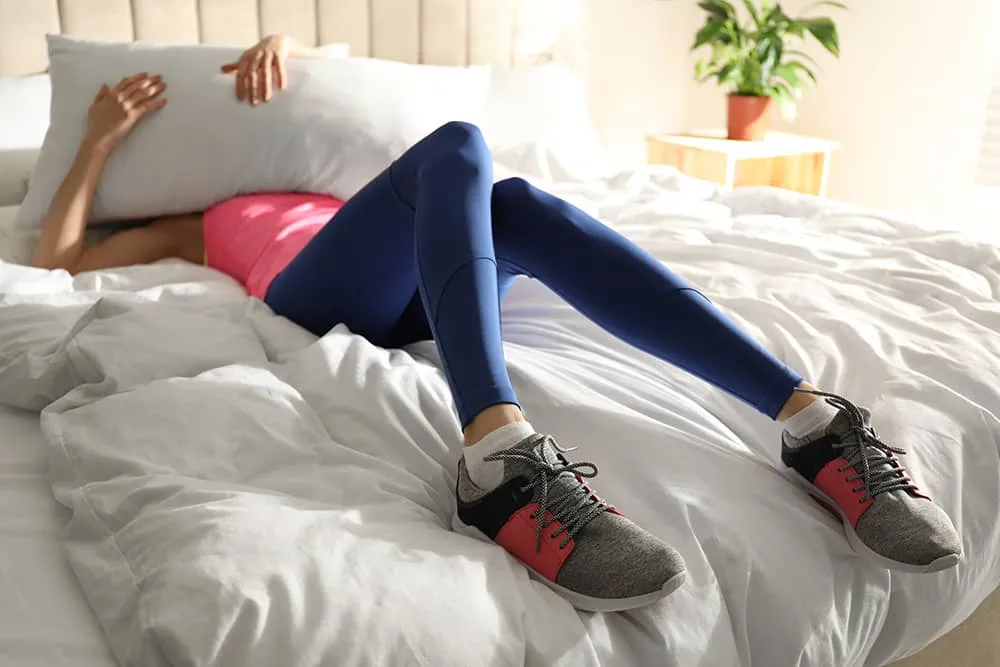
Is Sleep Important for Athletes?
Whether you are athletic or not, sleep is indispensable for general health purposes. It is necessary to function the next day regardless of the activity planned, be it work, study, or athletic training. Sleep is primarily restorative in nature affording the heart muscle time to rest. For athletes in particular, it also is crucial for physical recovery after training or competitions so that muscles, cells, and body tissue can repair, and it is an important tool in preventing and aiding in recovery from illness. Our bodies produce hormones known as cytokines during sleep and these support the immune system in fighting infections.
Sleep also aids in retaining memories and consolidating them. This mental process plays an important role in athletic training as it supports the learning of new skills which can improve future performance. Without sufficient sleep, brain pathways that facilitate learning, no longer contribute to forming memories or to keeping them.
A lack of sleep also contributes to a decline in cognitive capabilities affecting decision-making processes. So, sleep will not only significantly affect physical performance but will affect the mental health of an athlete. It influences mood and aids in preventing irascibility and the development of mental health challenges such as depression.
The Impact of Sleep Quality on Athletic Performance
Research at Stanford University demonstrated that sleep quality (restorative sleep) and quantity aided student-athletes in improving their performances. Male basketball players were asked to prolong their sleep to ten hours nightly. The study indicated that the players involved in the research ran faster sprints, improved their shooting by a minimum of 9%, and reported greater mental well-being.
Another study involving male and female college tennis players found that by increasing nightly sleep to nine hours, they enjoyed improved performance. The accuracy of tennis serves increased from 36% to 42% and players experienced fewer feelings of sleepiness.
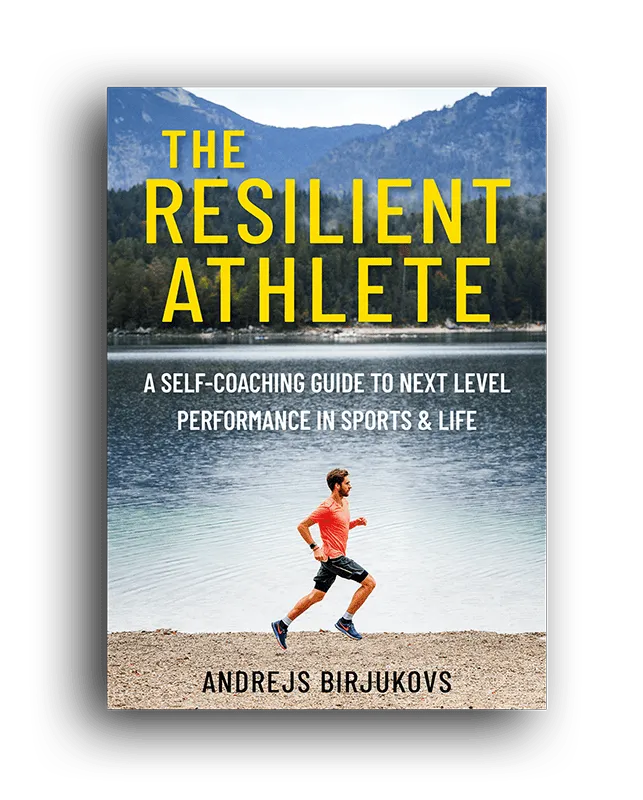
The Resilient Athlete
A Self-Coaching Guide to Next Level Performance in Sports & Life
Are you aiming to become a resilient athlete who is able to withstand any pressure? Be able to jump on any opportunity? Take any challenge life throws at you head on?
Then this book is for you.
Learn moreBy contrast poor sleep reduces physical reaction times and the ability to think, negatively influencing decision-making. A lack of sleep or poor-quality sleep can:
- Increase irritability
- Increase anxiety
- Lead to depression
- Increase the risk of medical issues such as high blood pressure, stroke, type 2 diabetes, and kidney disease among others.
- Lower immune system resistance to illness
- Reduce physical ability.
- Decrease performance accuracy and slow reaction time
- Result in less physical resistance with exhaustion setting in more rapidly
- Increase difficulty in decision-making and learning processes
- Increase the risk of injury
Extensive research into sleep and athletic performance indicates that longer and better-quality sleep is beneficial to athletic performance.
Serious athletes are encouraged to sleep a minimum of nine hours per night.
Besides the duration of nightly sleep and its quality, equally important are their diets, hydration, and physical training. In particular, Justwater.com reports, ‘Athletes should divide their body weight by 2.2. The resulting sum is the number of ounces of water that the athlete should be drinking daily.’
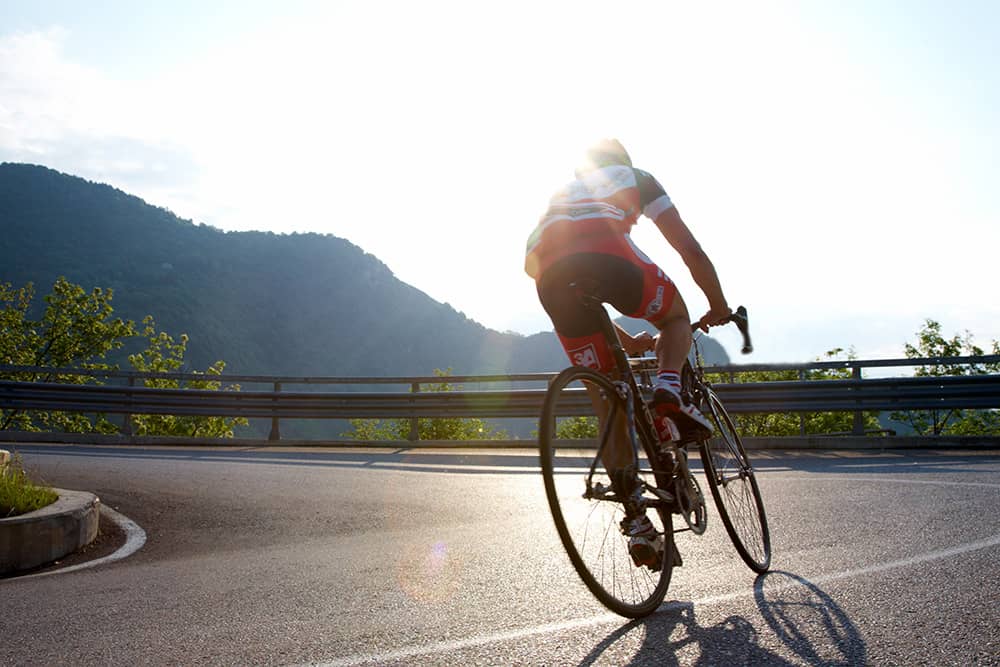
Challenges to Quality Sleep for Athletes
Restorative sleep for athletes can be negatively influenced by a variety of factors. Athletes may underestimate the importance of both duration and quality together with individual needs. Culturally, some societies may place a value on functioning with minimal sleep, further reducing athletic performance potential. The amount of athletic training and punishing schedules can also negatively influence the quality and sleep time.
Another major challenge to restorative sleep is the competitive aspect of sports. Competitions and associated travel can increase the psychological weight of the individual athlete disturbing sleep. Traveling schedules can be stressful with sleep schedules being modified or interrupted and may result in fatigue, jet lag, and discomfort.
Read also: Flying To Run A Race? Beat Jet Lag With These Expert Travel Tips
An increase in stress levels and anxieties is also common when athletes are involved in competitions and often leads to insomnia. For student-athletes, risks for poor-quality sleep may be even higher in that they must coexist with academic demands and the concrete possibility of sleep deprivation to meet the demands of both.
Sleep and Athletic Performance
Research into team sports has indicated that an increase in sleep duration and quality does positively influence competitive success. A research study involving 42 netball athletes during a national tournament was done to evaluate the relationship between sleep and athletic performance and success.
At the end of the tournament, the top two performing teams were found to have had greater sleep time and although rated subjectively, reported better quality evaluations of their nightly sleep.
The differences evaluated, when comparing the top teams to the bottom two teams, were significant. They suggest that there is a direct correlation between high quality sleep combined with longer sleep duration and the potential for athletic success in competitions.
Alexander Madison
Alex is a committed professional at Riliable.com, where he leverages his expertise to drive innovation and efficiency. With a passion for his industry, he continually applies his insights to improve strategies and solve complex problems. Outside of work, Alex enjoys staying active and can often be found exploring the outdoors or honing his skills in various sports. He combines his love for athletics with his profession and writes to inspire readers to embrace a healthy, active lifestyle.
Tags In
Related Posts
Leave a Reply Cancel reply
GET A FREE TRAINING PLAN
Subscribe to my email list and get access to a free 4-week “back in shape” training plan
You’ll also get two full-body strength sessions and some other goodies!
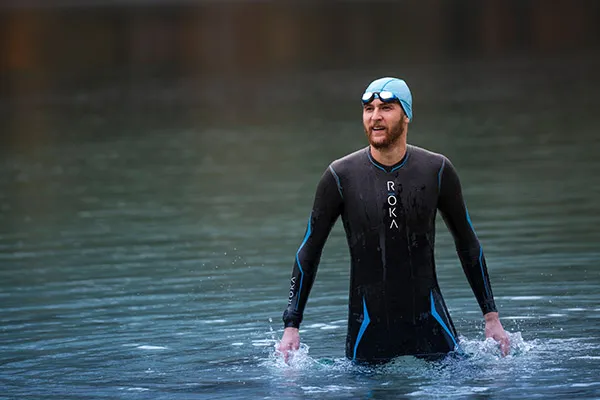
How did I get here?
Hey there! My name is Andrejs and I am here to inspire, entertain and get you fit for any adventure.
I went from being an over trained pro athlete to an endurance coach sharing how to listen to your body and live life to the fullest.
Traveling, new sports & activities brought new meaning to my training and made it much more effective, fun and enjoyable. And I'm here to help you do the same.


